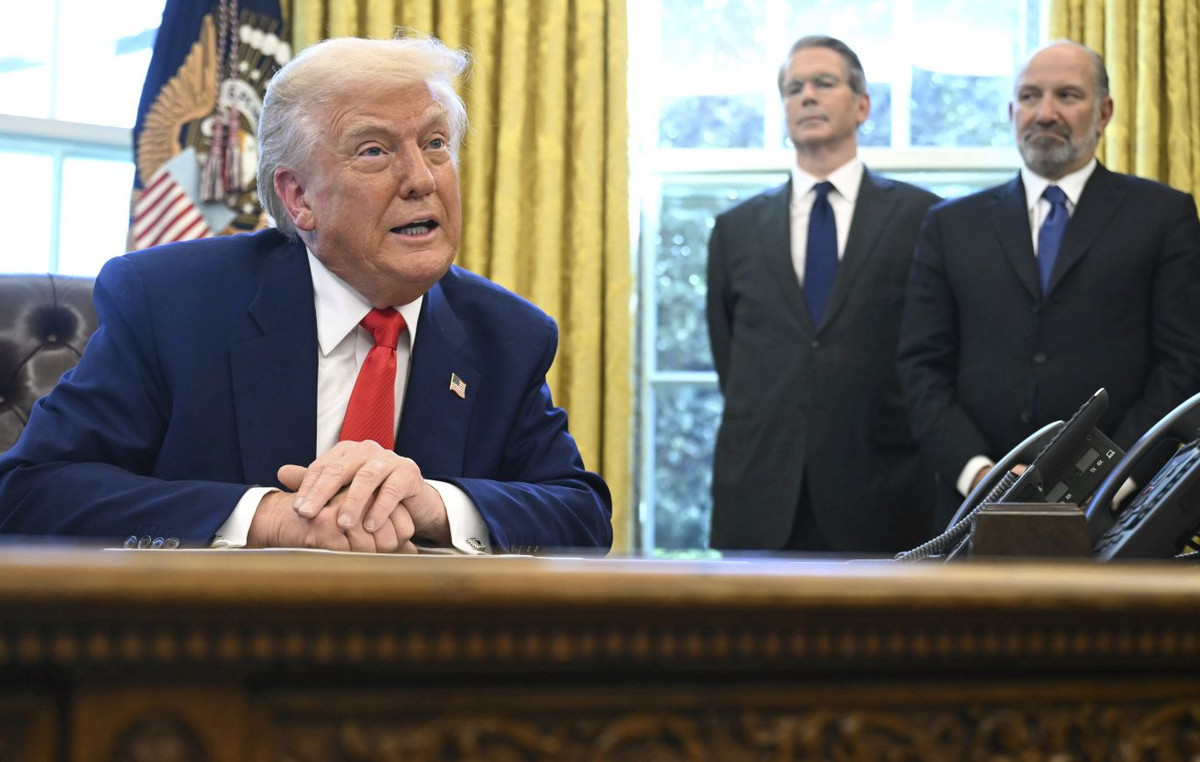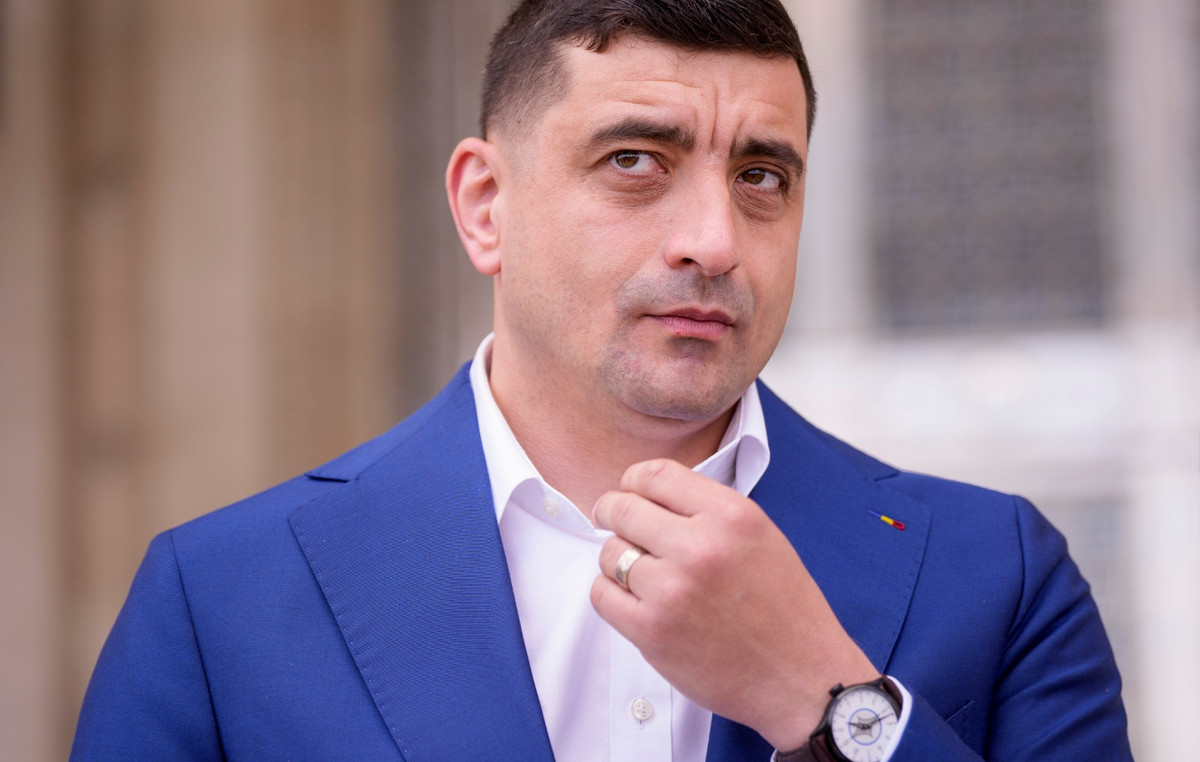Russia has been accused by Amnesty International and other human rights organizations of using cluster bombs in the Ukrainian War. This is a type of ammunition where several smaller bombs detach from the mother bomb, to increase the potential for aerial damage. There is an international crusade, represented by the Oslo Convention (2008), which calls for the eradication of this war equipment. The measure already has the adhesion of 110 countries and another 13 have not yet ratified it. Brazil, however, not only is not a signatory to the treaty, but is on the list of 16 nations that produce it, in addition to exporting it.
Experts point out that there is a relevant proportion of failures in cluster bomb submunitions. A rate, which varies by year of production and manufacturer, tends not to explode on first impact. As a result, they would spread over a large area, risking detonation for months or years later, putting civilians at risk even when the warring parties have reached ceasefire agreements or peace treaties.
The bombs used in Ukraine are of Russian production. However, the 2021 report by the Commission against Cluster Ammunition (CMC) points out that Brazil has three industries capable of producing this type of weapon and has already exported it to Saudi Arabia, Iran, Iraq and Malaysia. The shipment sent to the Saudis was used against civilians in Yemen, according to the organisation.
Professor of International Law at the Federal University of Pampa (Unipampa-RS), Cristian Witmann, defender of Brazil’s adherence to the Oslo Convention, understands that the use of this type of ammunition is condemned by other international treaties already in force.
“International law imposes an obligation to conduct effort only against military targets. This type of bomb, in Ukraine, hit hospitals, which reinforces the indiscriminate nature of this type of ammunition, which flows with the wind and lands where least expected. Often in trees or on roofs, where they are still active and where they will fall down a long time later,” he explains.
For Gustavo de Oliveira Vieira, professor of International Law and former dean of the Federal University of Latin American Integration (Unila), this type of ammunition is a special threat to children. “It is a type of weapon that does not recognize a ceasefire and does not distinguish whether it deals with combatants or civilians. Because it resembles a toy, many of these munitions end up making children victims. They take them indoors, where they explode, kill and maim,” he says.
Director of the Coalition against Cluster Munitions (CMC), Marion Loddo is based in Geneva. The researcher points out that, in 2020, the cluster bomb generated 360 fatalities. Of this universe, 44% were children.
“It is important to point out that the number of victims must be much higher than what has been mapped. It is a global human tragedy. The use of cluster munitions is a humanitarian tragedy, regardless of where it is used. These weapons kill, maim and endanger the local population. And they also prevent people from using their land, hindering development and growth,” says the activist.
For specialists, the refusal to join has to do with pressure from the military sectors and the Brazilian arms industry throughout successive governments and legislatures. Proposals for banning the use of this type of ammunition have already been debated several times in the Chamber of Deputies, where a project of this type, by then federal deputy Fernando Gabeira, in 2009, was rejected by the Committee on Foreign Affairs and Defense in other legislatures. On the occasion, the rapporteur was the then federal deputy Jair Bolsonaro, who issued an opinion for the rejection.
The initiative was resubmitted in 2019 by Rubens Bueno (Citizenship-PR), and was analyzed in the collegiate in December, where it was again rejected, after a negative opinion by deputy Luiz Phillippe de Orléans e Bragança (União Brasil-SP). He understands that the proposal finds it difficult to obtain wide international acceptance, and argues that depriving Brazil of the use of this technology would harm the development of the national arms industry.
“Most of the countries that have joined the Oslo Convention do not produce weapons. Brazil is perhaps the only one that produces and does not use it. This ammunition is part of a learning curve for our arms industry, it is important for other activities in the sector. It is a weapon of strategic deterrence, and adhering to that treaty would be to assume that our technology is being used exclusively for evil. The Brazilian bomb is not being used in Russia, as many people want to make it seem”, says the deputy.
Regarding any damage caused by cluster munitions to civilian populations, Orleans and Bragança understand that it is not up to Brazil to make value judgments in relation to governments, potential buyers. For him, this would represent the choice of ideological lines, and the country should seek to do business with those who are open to them. The parliamentarian also defended the technology used by Avibras in cluster munitions produced in Brazil.
“I can’t say about the other producers, but here there is no such thing as the cluster bomb providing a minefield. Not the one produced here in Brazil, at least that doesn’t happen. If it doesn’t explode at the expected moment, it doesn’t explode anymore. Perhaps what they want is for Brazil to remain like Ukraine, which surrendered all its weapons, in a pacifist gesture, and is now going through what is happening today with Russia”, concludes the parliamentarian.
Sought to confirm details of the technology of its cluster bomb, cited by the federal deputy, Avibras said it will not comment. Asked about Brazil’s refusal to adhere to the treaty that currently has the Secretary General of the United Nations (UN) as depositary, the Ministry of Foreign Affairs limited itself to highlighting that the use of this type of ammunition by Brazil must occur in the face of respect for the principles and obligations assumed by international humanitarian law.
“Including those of proportionality, necessity and distinction between combatants and civilians. Brazil is a party to the Geneva Conventions and their protocols, in addition to Protocol 5 of the Convention on Certain Conventional Weapons, which guarantee the eventual use of ammunition of that nature always takes place in accordance with the aforementioned principles of International Humanitarian Law”, informed the Itamaraty, without going into the merits of Brazil’s decision not to join the agreement.
Source: CNN Brasil







